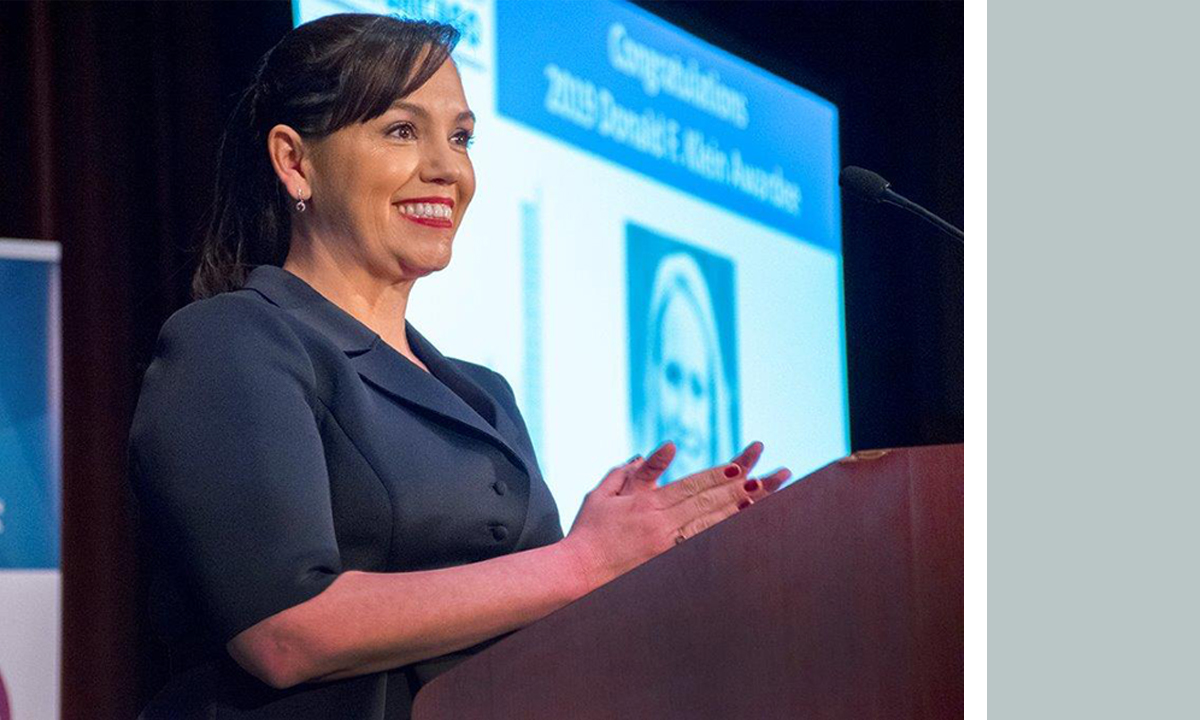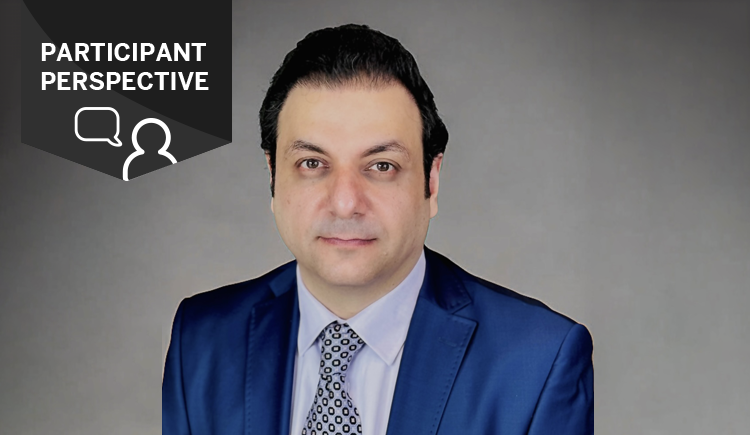
Information regarding COVID-19 has rapidly evolved. The content in this article provides a historical snapshot of events surrounding the date of posting.
Over the past several months, there’s been growing awareness that the COVID-19 pandemic is causing great stress on a global level. For health care providers and other front-line workers, as well as for the general public, the strain of this ongoing public health emergency is taking a serious toll on their mental health.
Further, as the situation continues, this may ultimately lead to a mental health pandemic, according to Luana Marques, PhD, an associate professor of psychiatry at Harvard Medical School and clinical psychologist at Massachusetts General Hospital. She points out that this makes it important to address the effects proactively.
The Problem of Stress and COVID-19
Even before the onset of COVID-19, many countries, including the United States, were already facing a mental health crisis. In fact, the number of people in need of mental health treatment far exceeded the capacity of the behavioral health system. Now, with the pandemic taking a toll on many people’s state of mind, the gap between the mental health services that are available and the number of people who need them is widening, Dr. Marques says.
Driving the deepening chasm is the changing impact of COVID-19 on emotional health over time, she explains. For instance, early on in the situation, the crisis prompted an acute response in health care providers, which activated their “fight or flight” response. This adrenaline rush helped them get through the array of challenges they faced.
But as things have continued to draw on without resolution, many people are now dealing with a chronic situation, which has led to a variety of physical symptoms, including anxiety, exhaustion, irritability, and insomnia. For some people, this chronic stress is also decreasing their ability to perform well at work and weakening their immune system, which increases their risk of getting sick.
Managing the Chronic Stress Response
Dr. Marques says that the best way to support physicians, psychologists, nurses, and other health care professionals who are impacted by COVID-19 is by helping to build their resilience and strengthen brain health.
With studies of the September 11 bombings showing that many responders had Post-Traumatic Stress ten years after the event, and other crises showing similar results, having a proven strategy to address the impact is crucial, she adds.
“One way we can do this is through Cognitive Behavioral Therapy (CBT), which is a short-term therapy that helps people reframe their responses to stressors. We know that this works globally—for adults, adolescents, and children,” she says, adding, “CBT is a strategy that can be adopted in any setting, such as with nursing home staff, to give them active skills they can use as needed.”
Using CBT to Address Brain Health
With rising numbers of people getting ill in communities across the country—and flu season rapidly approaching, which will add more complications to an already difficult situation—Dr. Marques says that CBT skills will be essential to help providers be in good health mentally and physically so they can be prepared for whatever comes next. They can also learn how to support the populations they serve to address anxiety, stress, and depression with practical sense techniques that are proven to boost mental and physical health.
“For example, if you look at your thoughts and they are very black and white, you might say: ‘This is never going to be over,’ and this will cause you to have strong emotions,” she explains. This may make you feel overwhelmed and not want to get up in the morning.
Using CBT techniques, though, you can ask yourself how the situation makes you feel and actively explore your thoughts to find a more positive way to reframe them.
“You can ask yourself: ‘Is the thought valid? What is the data I am using to support this thought?’” she says. “‘Even if it is valid, is it helpful?’” She suggests that instead of getting stuck in negative patterns, you can explore what you are telling yourself and generate a more balanced thought. This approach of examining what we say to ourselves can go a long way toward building resiliency.
Equipping Health Care Providers with Key Skills
Building resiliency and brain health is also the goal of new online course offered through Harvard Medical School called Mental Wellness for Health Professionals: COVID-19 Response and Strategies for the Future. Marques, who serves as Program Director for the course, which is geared to health care providers and other workers on the front lines of the COVID-19 response, points out that it provides a valuable overview of the widespread impact of the pandemic and explores ways to address providers’ physical and mental health.
“What’s exciting about this course is that it forms a bridge between science and practice,” she says. She is joined by front-line heath care providers and other experts in public health, neuroscience, and psychology to offer participants a first-hand view of what it’s like on the ground fighting COVID-19 and to help them determine how best to address mental health.
Ways Health Care Providers Can Improve Their Own Health
Dr. Marques says that in addition to using CBT, other ways health care providers can take good care of themselves and their brain health is by adopting healthy lifestyle choices, including:
- Practicing mindfulness, which allows users to focus on what’s happening around them, and within them, in the present moment and focusing on the act of breathing. This can be especially useful when you are feeling overwhelmed.
- Limiting screen time and turning off the news before it becomes overwhelming. Spending too much time focusing on all of the sadness and difficulties in the world can be difficult for people to process.
- Eating a balanced diet to keep the body well fueled. It’s important to incorporate all of the food groups and also eat meals and snacks on a regular schedule.
- Following a daily routine that includes getting up and going to bed at the same time and getting a full night’s sleep.
- Engaging in regular exercise. While people’s schedules may have changed during the pandemic, it’s crucial to make time for daily walks, yoga, aerobics, or anything else that you can be done regularly to keep up fitness levels and achieve optimal health.
- Connecting with family members and friends to recharge and find enjoyment in maintaining social interactions —via virtual methods or in-person, of course following social distancing best practices.
Extending the Reach to Patients
It’s also important for health care providers to learn about the differential impact of COVID-19 on the mental health of specific populations. Making an effort to find ways to practice CBT and mindfulness techniques with patients and others can go a long way toward helping them manage their stress in the wake of COVID-19.
Written by Lisa D. Ellis


